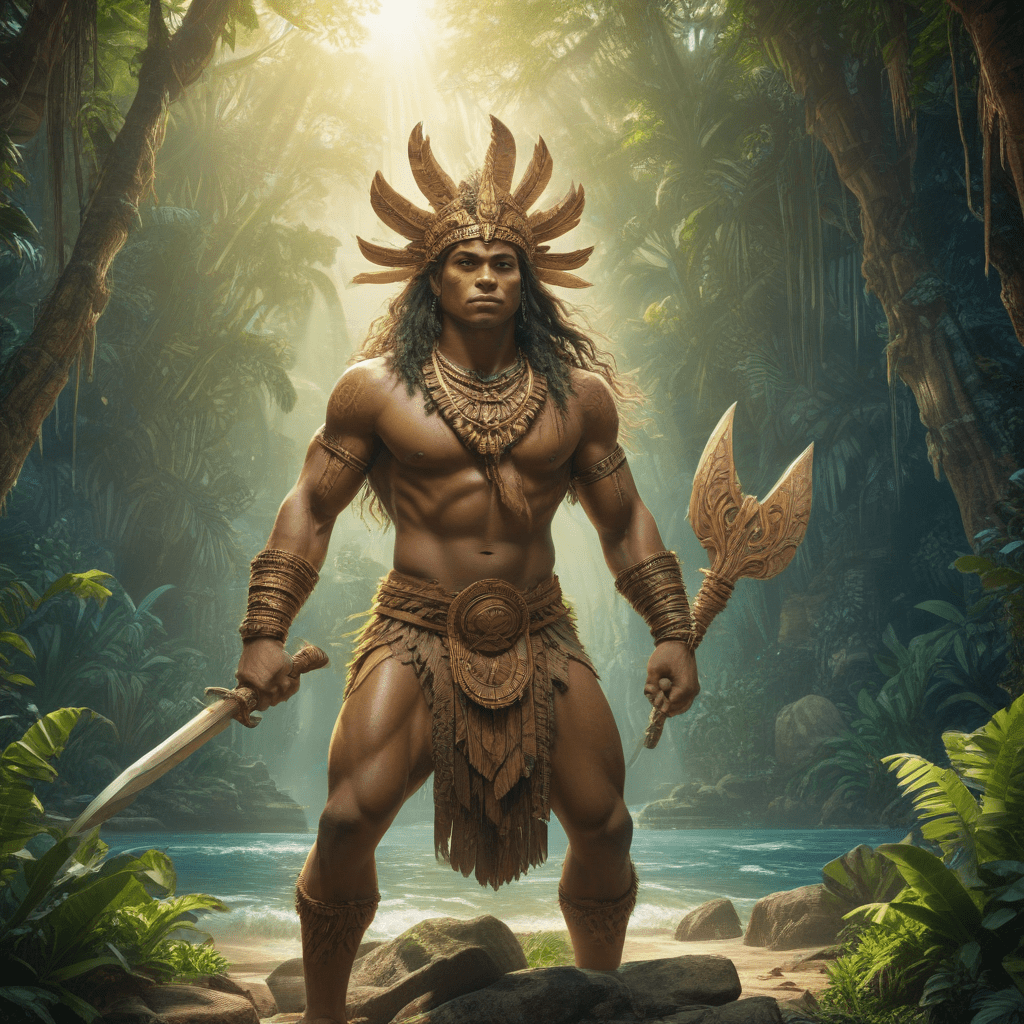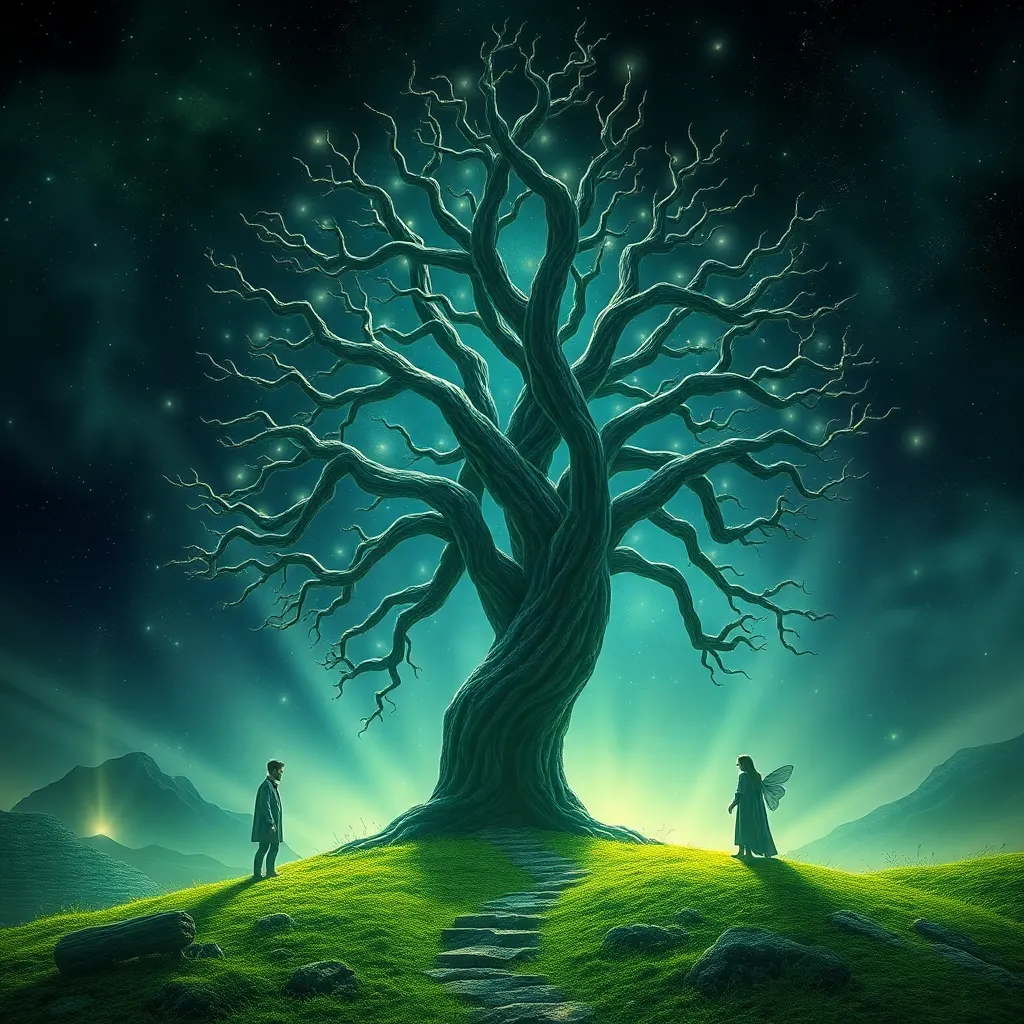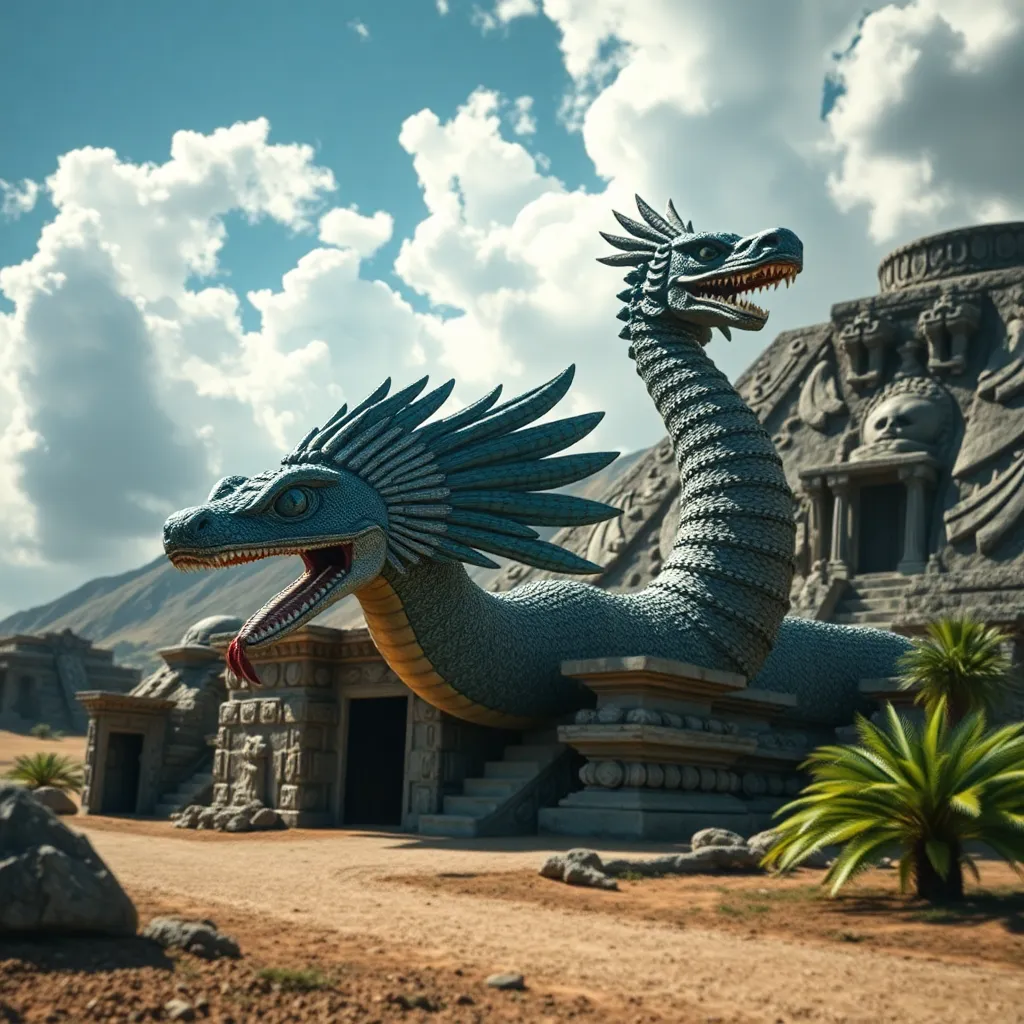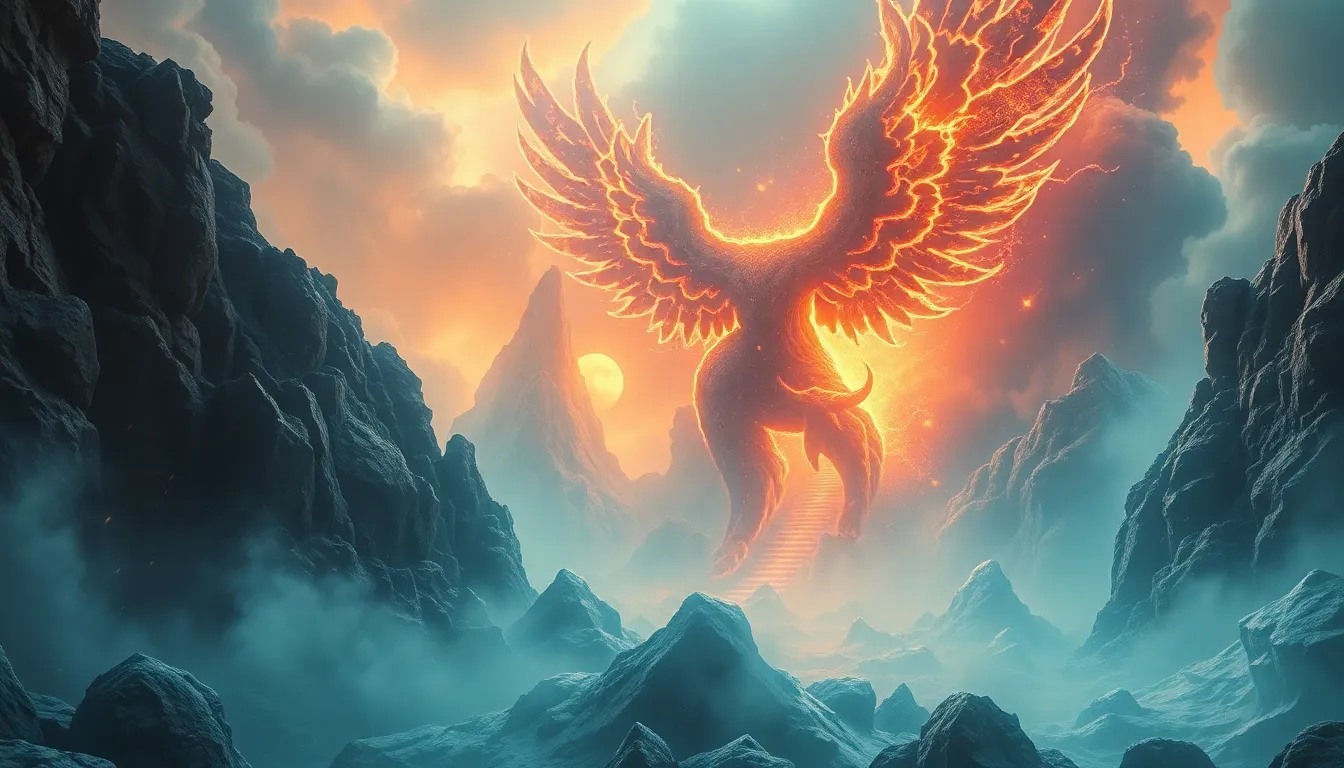Polynesian Mythology: The Power of Transformation
I. Origins and Beliefs
Polynesian mythology, an intricate tapestry of legends, deities, and beliefs, originates from the vast expanse of the Pacific Ocean. The Polynesian people, known for their seafaring prowess, carried their stories across countless islands, creating a rich and diverse narrative tapestry. Transformation holds a central place in Polynesian mythology, a force that shapes the world and its inhabitants.
II. The Divine and the Human
The Polynesian pantheon is populated by an array of gods and goddesses, each possessing unique powers and domains. These deities are not remote or untouchable but actively engage with humans, transforming the world through their actions. They intervene in human affairs, providing guidance, assistance, or challenges that test the limits of mortals.
III. The Transformation of the Gods
Transformation is not solely a prerogative of humans in Polynesian mythology. The gods themselves undergo profound transformations, reflecting their dynamic nature and the ever-changing world around them. From the creation myth of Tangaroa, the god of the sea, transforming into a whale, to the shape-shifting abilities of Maui, the demigod, the gods' transformations embody the fluidity and adaptability of the Polynesian cosmos.
IV. The Transformation of Mortals
Mortals, too, possess the power of transformation, albeit to a lesser extent. Through rituals, prayers, or encounters with the gods, humans can change their form, gaining abilities or insights beyond their ordinary capabilities. The legendary Polynesian hero Rata, for instance, transformed into a bird to search for his father's kidnapped body, showcasing the transformative potential of mortals.
V. The Symbolism of Transformation
Transformation in Polynesian mythology extends beyond physical shape-shifting. It represents the dynamic nature of existence, the fluidity of boundaries, and the ever-present potential for growth and change. Whether it's a god taking on a new form or a mortal gaining wisdom through a transformative experience, transformation embodies the Polynesian belief in the interconnectedness and boundless possibilities of the universe.
VI. The Role of Storytelling
Polynesian mythology is not only a collection of beliefs but also a vibrant storytelling tradition. Through chants, legends, and songs, Polynesians recount the transformative experiences of their ancestors, gods, and heroes. These stories serve as a repository of cultural knowledge and wisdom, providing guidance and inspiration for future generations.
VII. The Impact on Polynesian Culture
The power of transformation has deeply impacted Polynesian culture. It shapes their artistic expressions, from the intricate carvings on canoes to the vibrant dances that celebrate the fluidity of life. The transformative nature of Polynesian mythology also permeates their social structures, emphasizing adaptability and flexibility in the face of change.
VIII. Transformation in the Modern World
Polynesian mythology continues to resonate with contemporary audiences, offering insights into the transformative nature of the human experience. Whether it's the struggle for self-discovery, the pursuit of personal growth, or the resilience in the face of adversity, Polynesian myths and legends remain a source of inspiration and meaning in the modern world.
IX. Contemporary Interpretations
In recent years, there has been a resurgence of interest in Polynesian mythology, leading to contemporary interpretations and adaptations. Artists, writers, and filmmakers draw upon the transformative power of Polynesian stories to create new narratives that explore themes of identity, spirituality, and the interconnectedness of all living things.
X. Conclusion: The Enduring Power of Transformation
Polynesian mythology is a testament to the enduring power of transformation. It provides a framework for understanding the fluidity of existence, the boundless potential for growth, and the interconnectedness of all things. Through its vibrant storytelling tradition, rich symbolism, and profound insights, Polynesian mythology continues to inspire and guide people throughout the world, reminding them of their own capacity for transformation and the transformative potential of the universe.
FAQs
What is the significance of transformation in Polynesian mythology?
Transformation in Polynesian mythology represents the fluidity of existence, the boundless potential for growth, and the interconnectedness of all things.
How do the gods and mortals experience transformation?
Gods in Polynesian mythology possess shape-shifting abilities, while mortals can experience transformative experiences through rituals, prayers, or encounters with the gods.
What role does storytelling play in Polynesian mythology?
Polynesian mythology is a vibrant storytelling tradition that recounts transformative experiences, providing guidance and inspiration for future generations.
How does Polynesian mythology impact modern culture?
Polynesian mythology continues to resonate with contemporary audiences, inspiring artists, writers, and filmmakers to create new narratives that explore themes of identity, spirituality, and the interconnectedness of all living things.




